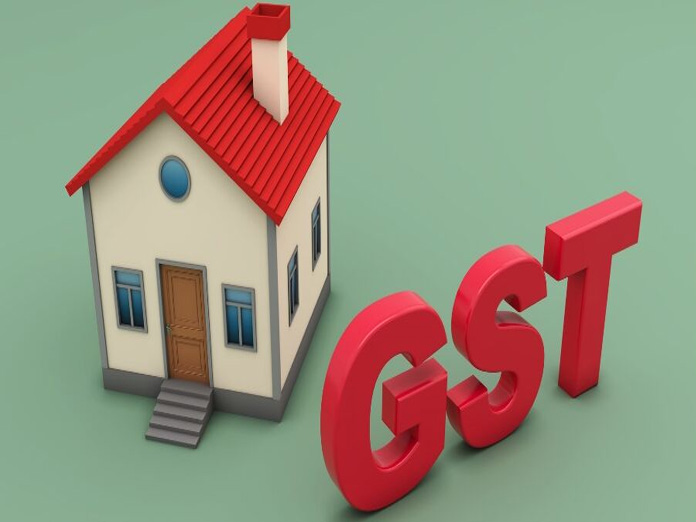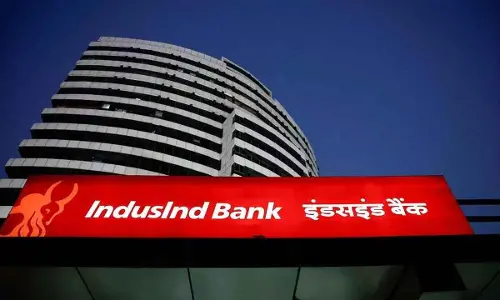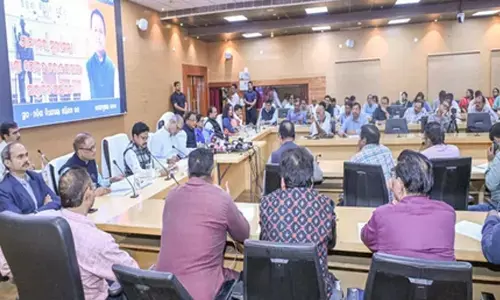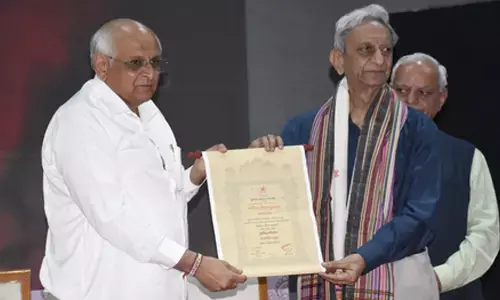GST continues to haunt realty

The Goods Services Tax GST which came into force on July 1, 2017 continues to haunt real estate sector in the country with home buyers shunning underconstruction properties which attract 18 per cent tax, the second highest slab of the new indirect tax regime
The Goods & Services Tax (GST) which came into force on July 1, 2017 continues to haunt real estate sector in the country with home buyers shunning under-construction properties which attract 18 per cent tax, the second highest slab of the new indirect tax regime.
While read-to-move properties are exempted from this tax, the effective GST on under-construction properties comes to 12 per cent after taking input tax credit (ITC) in consideration. However, given the complex nature of ITC, many developers are passing it on to customers.
But there were reports recently that GST Council was mulling over the possibility of reducing GST on real estate sector to either 12 per cent with ITC or 5 per cent without ITC. Though the Council has cut taxes on 22 items including televisions besides granting relief to MSME sector in December, GST on real estate remained unchanged. Even as the developers and real estate players were expecting a tax cut, the Central government appointed a seven-member Group of Ministers (GoM) to look into the issue instead of reducing tax straightaway.
C Shekar Reddy, president, Hyderabad Chapter of CII’s Indian Green Building Council and former national president of Credai, described GST on real estate as retrograde tax which would hamper growth of the sector. “In my view as a home buyer and citizen of the country, I strongly feel that there shall not be any GST on real sector in the first place. Home buyers are already coughing up registration and other charges. Then, imposing GST is nothing but double taxation,” he observed.
He also found fault with GST on under-construction properties. “Though builders sell under-construction apartments by taking advance, they deliver only finished products. As per RERA also, an apartment can be registered only after completion, not before,” he reasoned.
Reddy further felt that there should not be any GST on transactions carried out under joint development agreements that a developer enters with a land owner. According to him, GST if continue in the current form will take a toll on ambitious ‘Housing for All’ scheme launched by the Central government. “It will also adversely impact affordable housing segment,” he said.
Reddy sought cut in taxes on green buildings as well as cement. “The highest rate of 28 per cent is levied on cement. It should be brought down to 18 or 12 per cent,” Reddy said. Further, with the talk of reduction in GST in the air, developers are battling another ticklish issue. “Customers are not paying their amounts in the anticipation of cut in GST rates. A builder from Tirupati who came to meet me brought to my notice that payments are stuck now, creating liquidity crunch for them,” Reddy said.
J Venkat Reddy, General Secretary of Telangana Builders Forum, also rued abnormal taxation on real estate. “When UPA Government was in power, there was 3.09 per cent service tax and 1.25 per cent VAT. The total came to 4.34 per cent. The NDA government increased service tax to 4.5 per cent, taking the tax to 5.75 per cent.
After GST, this has suddenly gone up to 12 per cent which is a huge burden on buyers,” he said. He feels that governments should reduce tax if they want to increase revenues from taxation. “That way, there will be increase in tax base leading to higher tax collections,” he said.
Real estate developers also say that unaccounted or black money is increasing in the sector thanks to higher and multiple taxation. “Registration charges, GST should be cut down drastically and keep them at bare minimum to reduce flow of black money into this sector,” they say.











